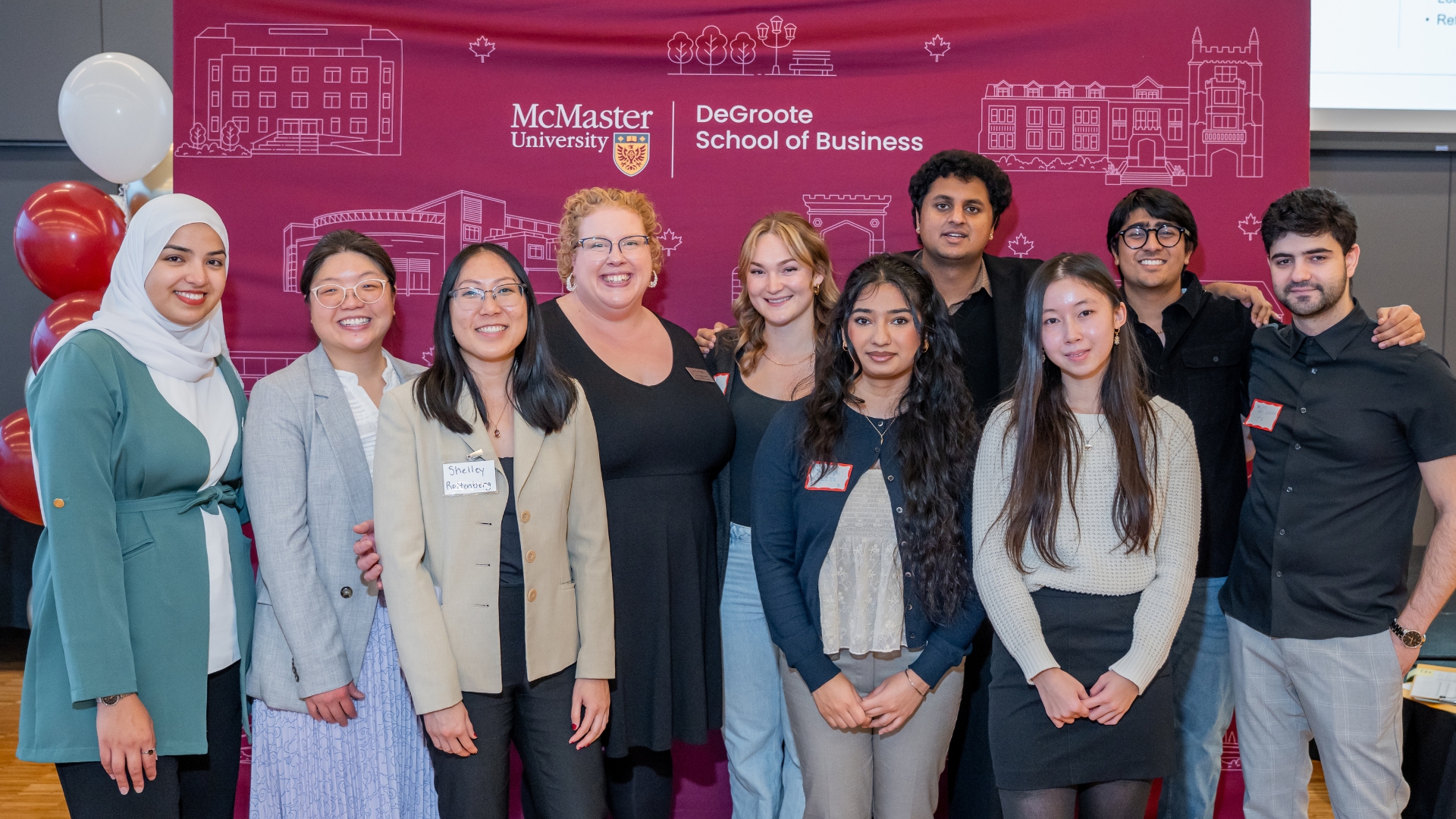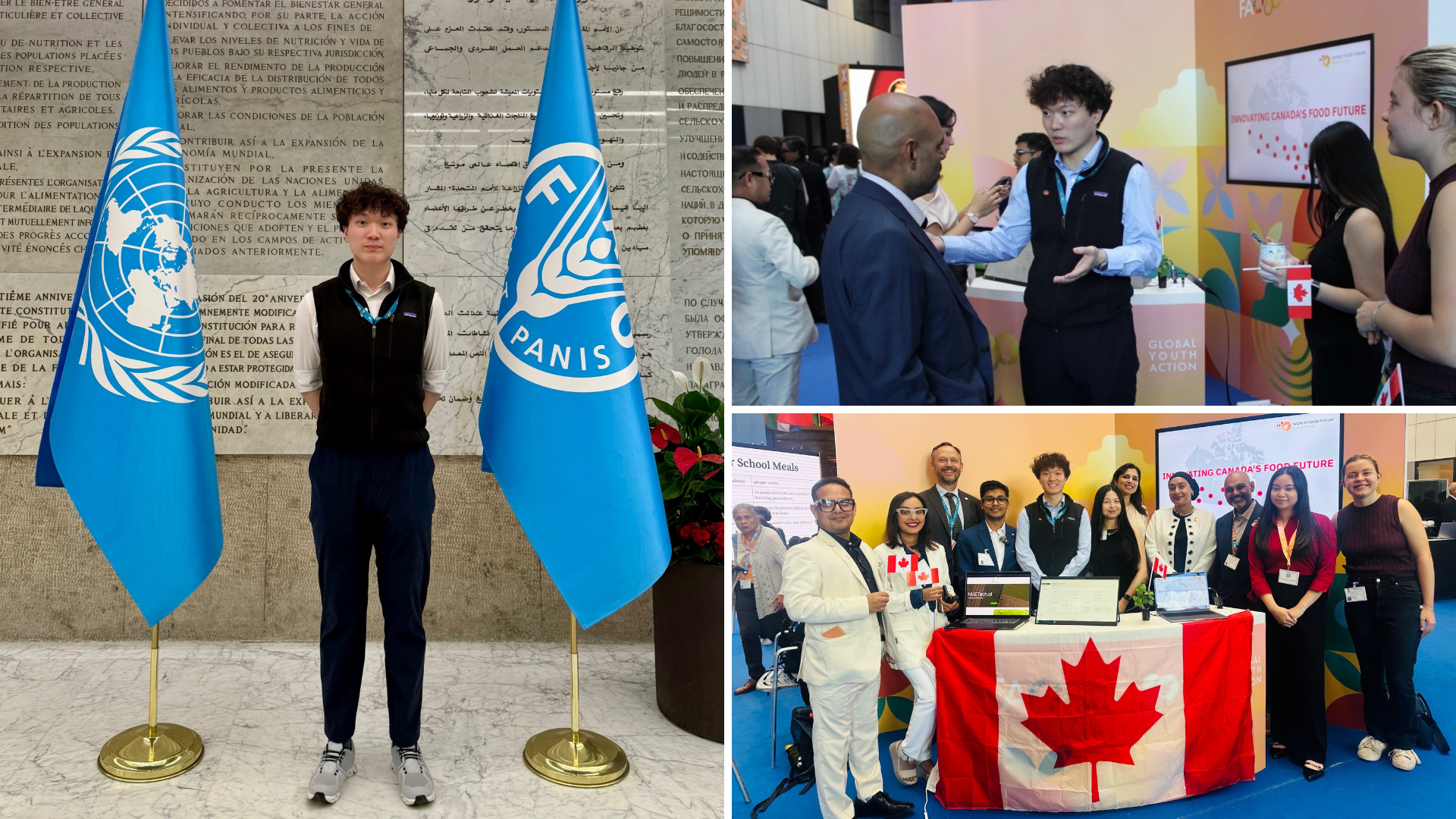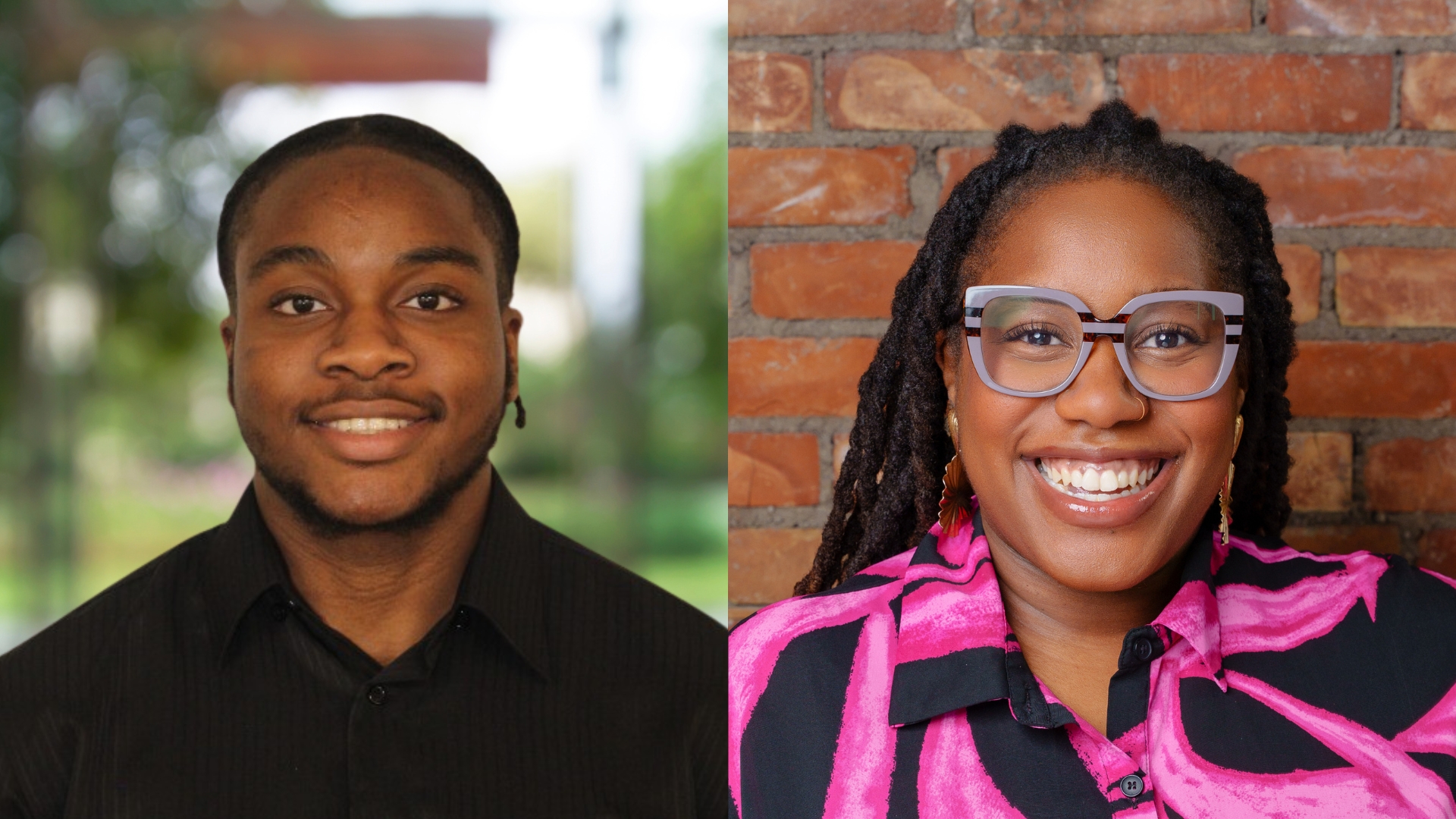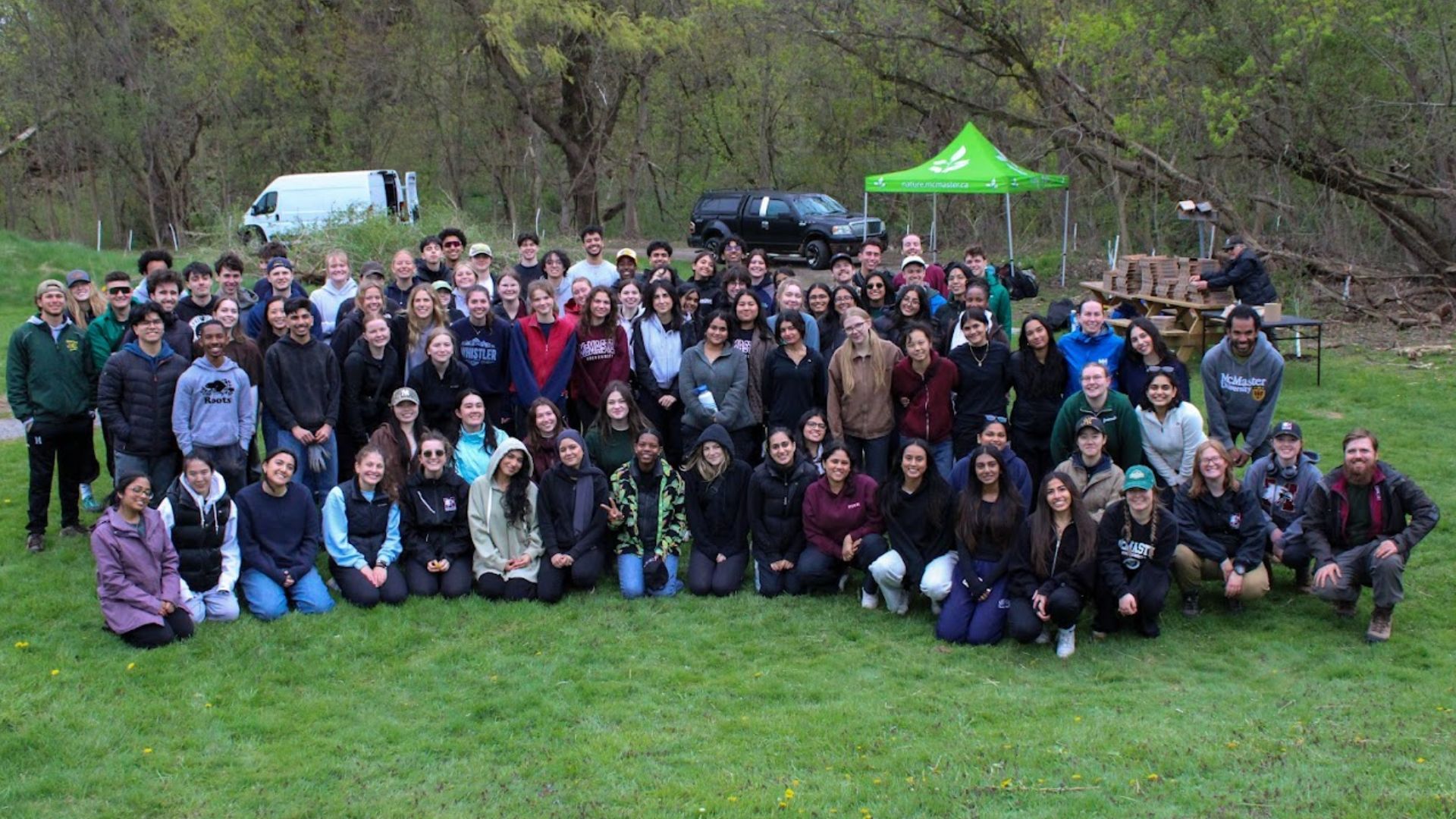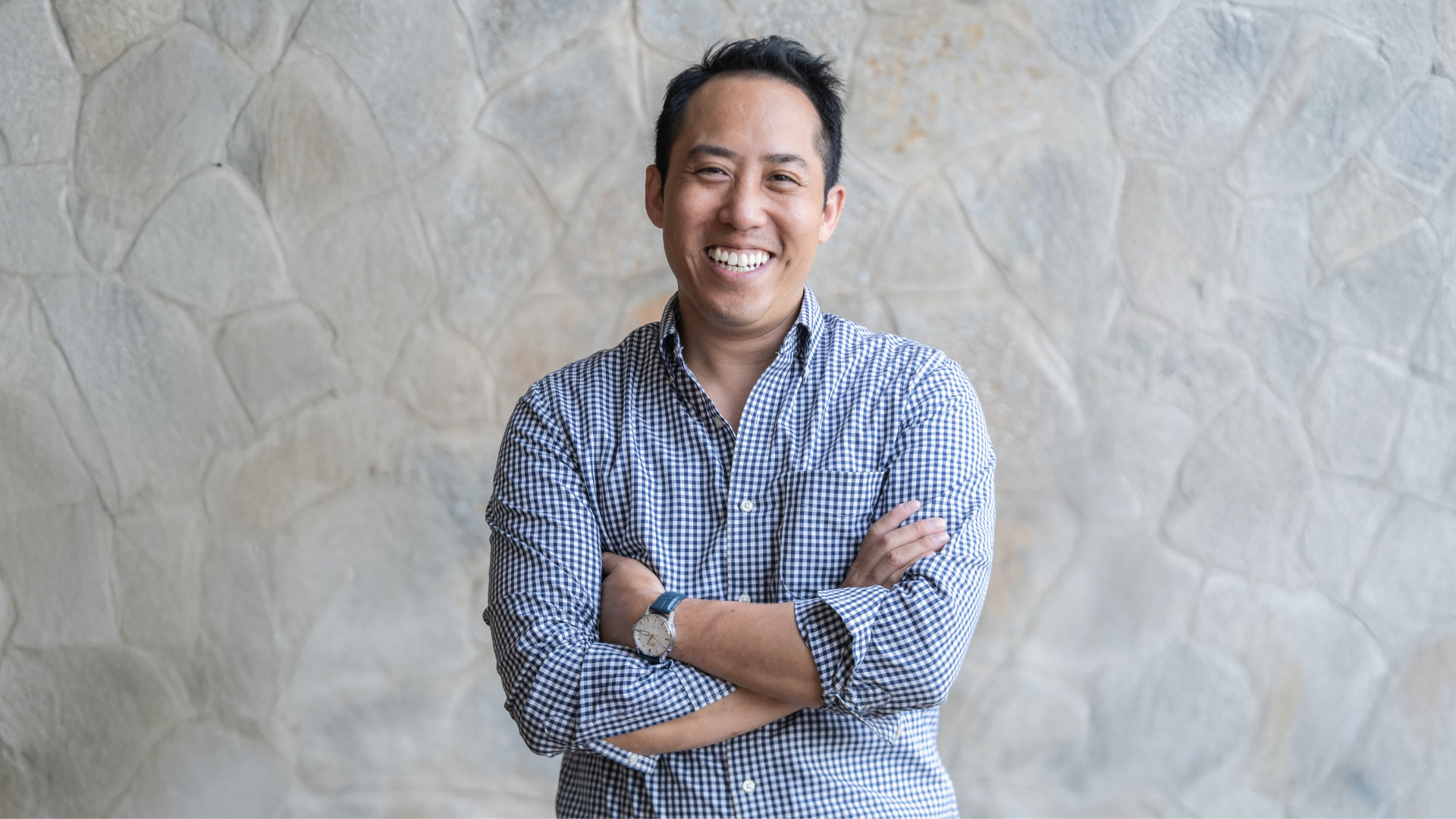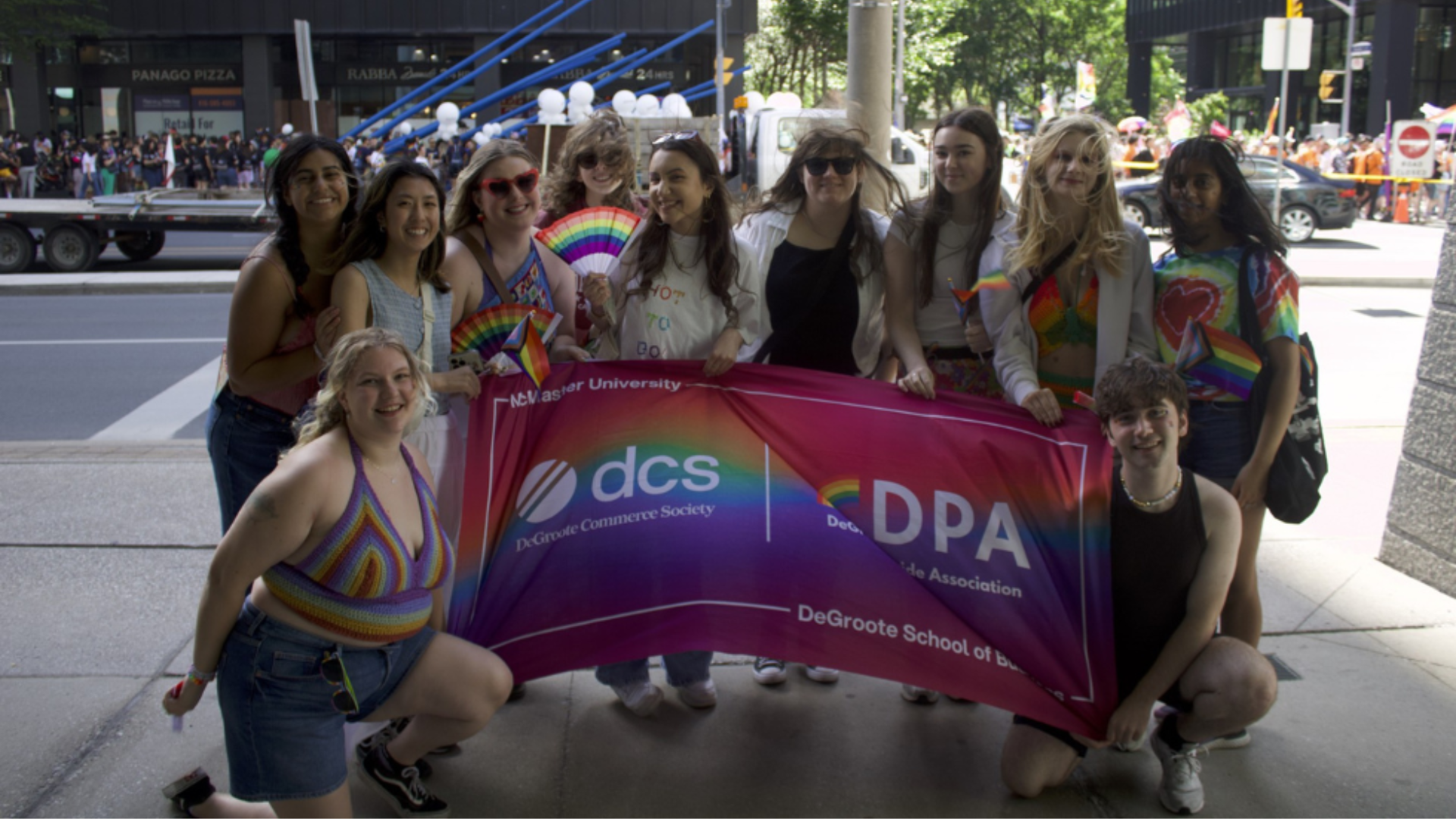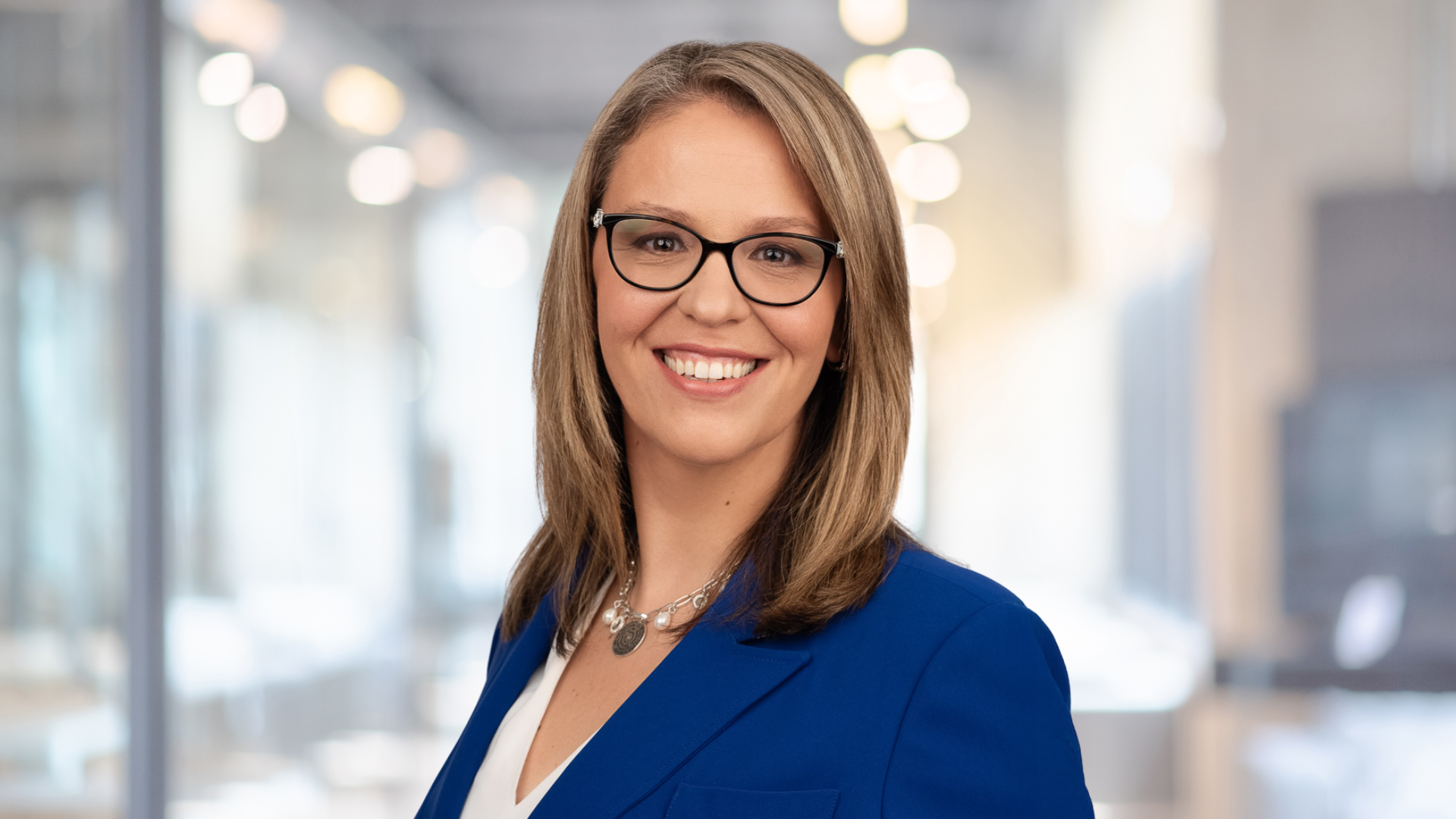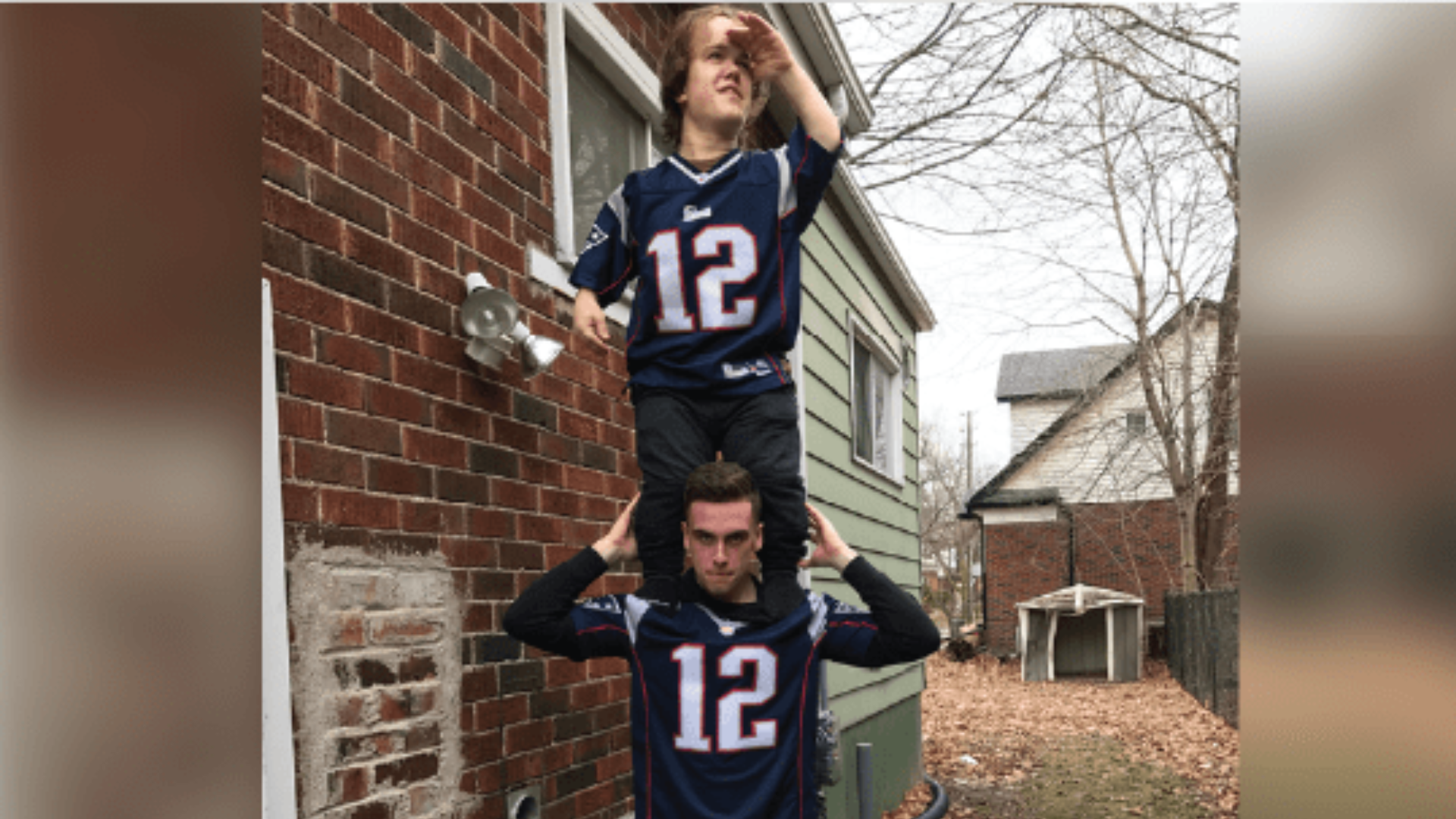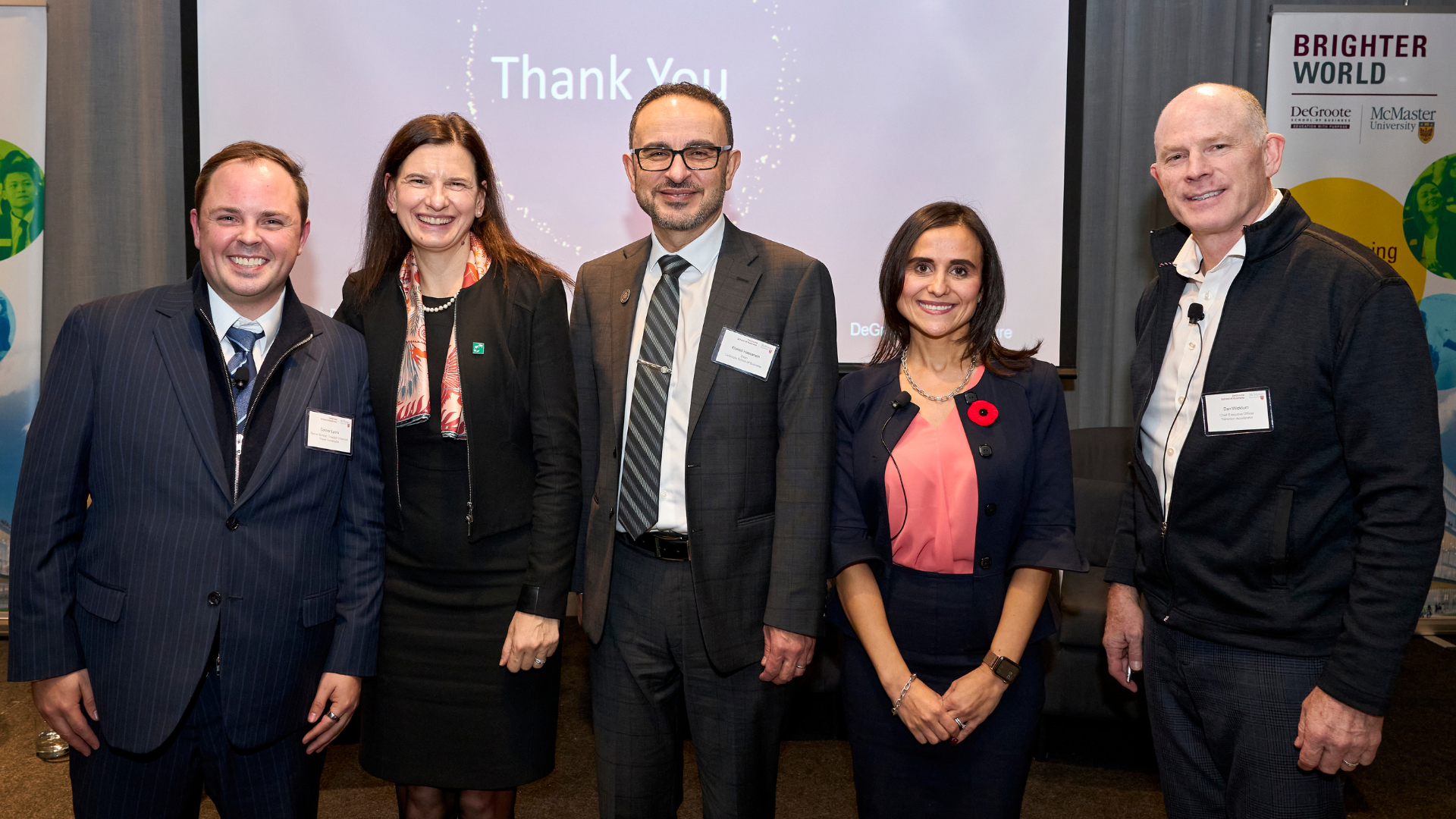
“The sky is the limit with research,” says Bilal Khan (BCom ’21, eHealth ‘23). As recipient of an Undergraduate Student Research Award (USRA) at DeGroote in 2021, Khan was able to develop skills, learn new tools and receive mentoring. For him, it was a learning experience that went beyond the classroom.
“I found so many skills that I learned while doing research could be applied to the real world,” says Khan. “The USRA award really helped to expose me to skills that I would not have gotten normally in class but were very important skills for me to learn.”
He was impressed with the transferable skills he learned while conducting research from learning how to write concisely, conducting analysis, doing reporting, to honing time management skills and working independently.
“These are very applicable skills. Whether you’re doing research or a class project, or whether you’re at work doing a work project – the skills you learn in your research project can be applied to so many different places.”
As a research student, Khan worked closely with supervisor Maryam Ghasemaghaei, associate professor of Information Systems at DeGroote School of Business and Nima Kordzadeh, assistant professor of Information Systems and Data Science at Worcester Polytechnic Institute in the US.

The research award was affiliated with the McMaster Digital Transformation Research Centre (MDTRC) lab and Khan says Ghasemaghaei encouraged him to provide input into the direction of the project. “I was always interested in healthcare, so I suggested potentially using data available online through social media forums to look at vaccination because that was the big thing at the time.”
The step-by-step mentoring and support provided by several researchers and professors provided Khan with the confidence and knowledge needed for developing his own research project that combined his interests of healthcare and information systems.
This role also provided him with an opportunity to learn new tools and programs.
“There was a bit of a learning curve, but it was nothing that you couldn’t get over,” he says. “A lot of the other stuff was already taught to me in my courses, so I had that level of base knowledge. Then, of course, the professors that you work with are incredible mentors. Working alongside both of them, their mentorship really shined in the areas of teaching me how to use the programs.”
Presenting his findings was another valuable experience for Khan. “Being able to present my work in a research manner, show what my findings were, and what they could have been driven by, and how everything ties together between old research and this research as well.”
Currently, Khan is continuing to work on his research around the intersectionality of social media communities and vaccination, and he is looking forward to the opportunities this research experience has provided him.
As a result of his work as a research student, a paper is going to be submitted for publication. “It makes you feel good knowing that potentially your research could be used in the future, when it’s published, to inform things like decisions and policy making,” says Khan. “Potentially, based on what you propose, the findings that you have in your research it is very likely that people will read the research, and will use it to inform either their own studies or inform some sort of outcome. It was very cool knowing that you’re making this contribution.”
This spring he graduated from the Masters of eHealth program. Throughout both his undergraduate and graduate programs, Khan utilized the unwavering support, skills, and tools made possible through the Undergraduate Student Research Award, in addition to the mentorship of Ghasemaghaei and countless researchers.
“There’s so much research to be done, especially in the intersection of business and health care, which is my area specifically. It’s always important to explore problems to see what can be done to help improve health care and patient care,” explains Khan. “Doing research is important – it shows exactly how things are changing, and expanding the evidence base is super important. DeGroote is definitely there to help you with that.”

